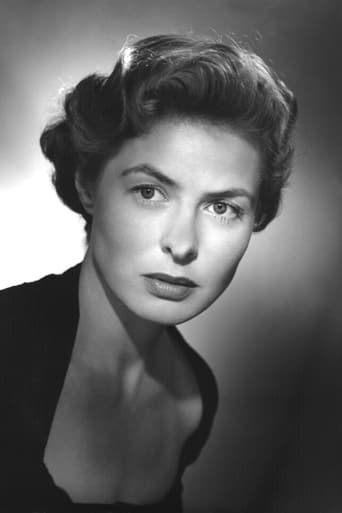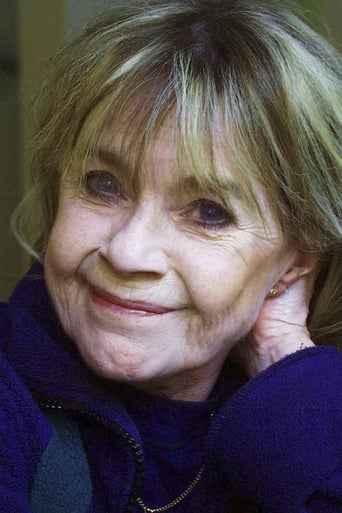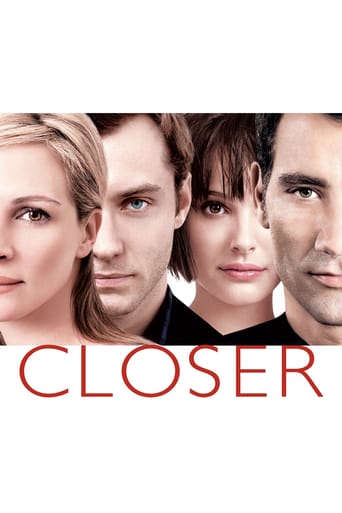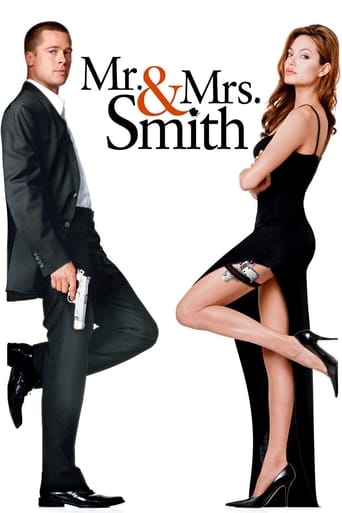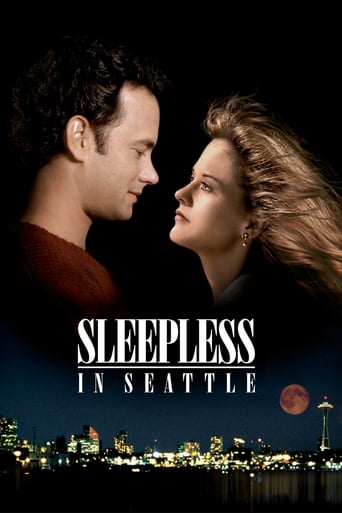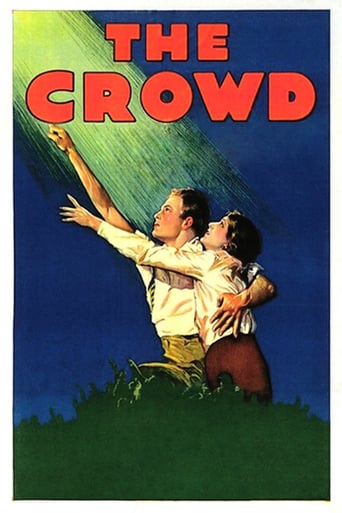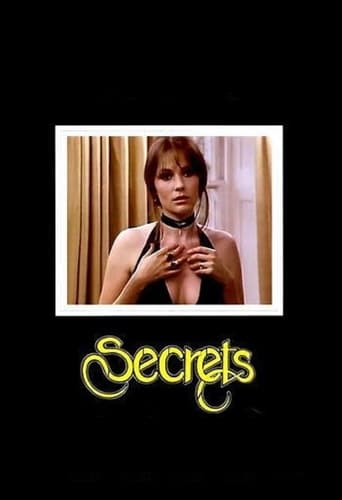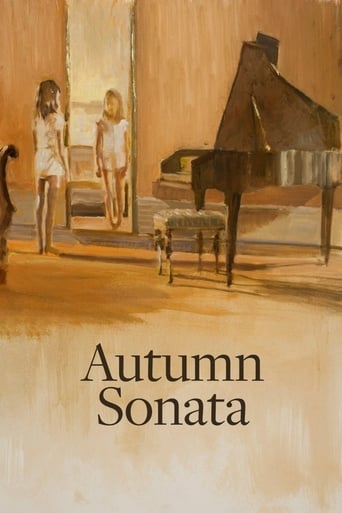
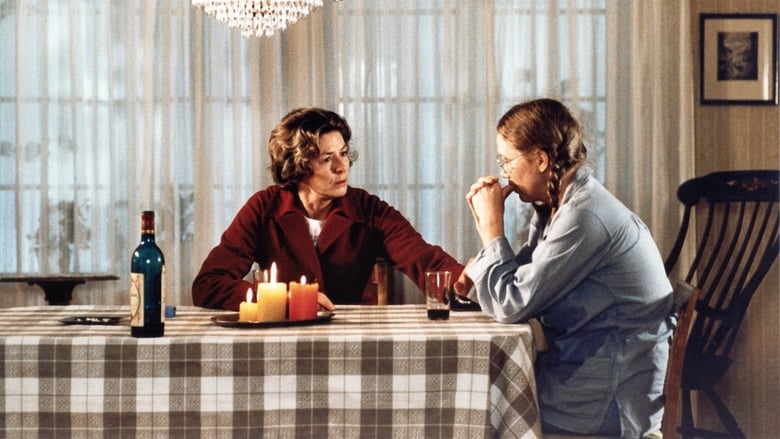
Autumn Sonata (1978)
After a seven-year absence, Charlotte Andergast travels to Sweden to reunite with her daughter Eva. The pair have a troubled relationship: Charlotte sacrificed the responsibilities of motherhood for a career as a classical pianist. Over an emotional night, the pair reopen the wounds of the past. Charlotte gets another shock when she finds out that her mentally impaired daughter, Helena, is out of the asylum and living with Eva.
Watch Trailer
Cast


Similar titles
Reviews
"Autumn Sonata" (1978), was the last film made by Ingmar Bergman for the cinema, which happened after this were videos for the TV. However, in the last film is not sketched any nostalgia, on the contrary, it is a reunion there are several characteristics that marked the famous Swedish director.Such as his strong relationship with the theater, with the actors, the use of symbols and metaphors, the simplicity of his locations (which he turns into a great advantage), the psychological character in formation and human relations, striking and challenging women , The expressiveness of a face in its close's and big close's and how much it speaks or even shouts moments of silence, moments when not verbalizing suggests so many things. As in the scene where Eva (Liv Ullman) plays a few notes on the piano for her mother, Charlotte (Ingrid Bergman), a magisterial and anthological moment, in the force and expressiveness of two actresses who say nothing on the scene but suggest a universe Of rivalries, misunderstandings and anguish in a (non) relation of mother and daughter.Autumn Sonata "is a tragic burden of human emotion, and is mostly a drama of confessions between two women, who dialogue with each other, which ends up generating a certain monotonous production noise, especially by the subtle clash of the Seem to dominate much of the film, which may have been elaborated in an attempt to generate a frenzy in the audience for the climax, which is not necessary or even does not work, because in the invitation letter written by Eva and In the opening monologue performed by Eva's husband, it is already clear that there, it will be a place to settle accounts.In addition to its musical allusion, the film's title keeps track of another central point: the idea of seasons and cycles. It is clear the reference of this change of seasons in the photograph of Sven Nykvist who collaborates with his pale and washed palette and without great dependences of the artificial light, lamps and candles, call attention to the cold of the winter. However, in what seems to be a contradiction, many of Nykvist's scenes are garlands with flowers. They appear in dozens of scenes. Normally associated with spring, the presence of flowers is a clear reminder of the cyclical nature of life and our relationships with others. The cold will pass, suggest the flowers, we only have to endure this during the winter.Filled with distressing emotion and agonizing eyesight, "Autumn Sonata" offers a methodically potent examination of the pain we choose to keep inside, and the scars that remain with us as a result. Like most Bergman films, the image is replete with existential questions and gloomy reflections, deeply investigating the mysteries of the challenges inherent in life, and depending on the interpretation, the ending may offer some level of optimism and catharsis, the film's elegiac mood And almost impossible confessions of hating and indifference remain irrevocably haunting.Another feature that Bergman has always been able to use, was his complete understanding that in the end, a film ends up always being the actors, they are the face and the memory of the film and they have the capacity to generate reciprocities with the public. So, Bergman is undoubtedly the director, but in the end, are Liv Ullman, Ingrid Bergman and Lena Nyman who play the Sonata.
Ingmar Bergman's "Autumn Sonata" (1978) is truly one the best dramatic performances that I have ever seen. This is definitely not for those enamoured of typical "brain dead" Hollywood films, but is surely for the viewer who can appreciate much more intelligent fare. It is a "thinking person's" film.Autumn Sonata can surely be compared to the proverbial onion that is peeled back layer by layer until one reaches its essential core. The joyful reunion between mother (Ingrid Bergman) and daughter (Liv Ullman) is gradually revealed to be a very superficial, very polite, and very civilized layer of a bitter, and even desperate core relationship that exists between them. In the course of traversing these existential layers of Social Reality, the writer, through elegant imagery, and philosophical overtones embedded in the dialogue takes the viewer through the essential past events that have transpired to create this most complex of mother-daughter relationships.The role that is given to Ingrid here truly plays, in my opinion, to her greatest strength as an actor, that of being able to deliver a convincing transformation of personality and emotion in the course of a film, and often in the course of a single scene. Her genius for being able to do so shines most brightly in her earliest Swedish films, before she relocated to Hollywood, where the contrived status given to her as a "sex symbol" most often neglected the depths of her acting ability. Now back in her native Scandinavia late in her career, Ingrid is given an opportunity to once again shine forth her brilliance by a writer/director who truly understands the breadth and the depth of what she can do in front of a camera. Liv, an already accomplished actor in her own right before this film, is nonetheless allowing Ingrid, by necessity, to take the lead in successfully passing through the emotional, visceral, and mental gymnastics needed to execute her own role in this film, which she does far more than adequately.The saddest aspect of this film for me is that rarely does an adult child ever reach such a meeting of the mind, and of emotion with a parent over supposedly inflicted childhood traumas. Most people see their parents go to the grave before they can express the honest feelings and thoughts expressed by the adult daughter to her mother in this film. In a very ironic way then, beyond the core "ugliness" in the relationship between the mother and daughter in Autumn Sonata lies a type of idealism, an idealism that we can one day transcend the traumas of our past, and thereby fulfill our full human potential. The daughter's conciliatory letter to her mother at the end of a film is the first step of her now renewed journey to reach that personal fulfillment.20 Stars !!! 20 Stars !!! 20 Stars !!!
Watching this for the first time in 2015 (37 years after its release), Autumn Sonata does not really pass the test of time. Despite fine acting by all the four principal actors and an appropriately emotive 'autumny' look and feel to the cinematography, the scripting is very dated in a bad way - labored and patronizing to the viewer.It's supposedly believable and relatively straight-forward absent-parent-isolated-child-now-both-adults premise has been very heavy-handedly weighted down by an unnecessarily overwrought script filled with dialogue that borders on the paranoid - an unintended outcome from an over earnestness on the writer-director's part, who doesn't seem to believe subtlety is a virtue in the effective conveyance of a family drama.As it is, the movie has unfortunately caricatured and locked itself into a time-style warp that doesn't lend it the relevance and timelessness of better constructed movies. As it is, the proceedings is much like an overly exaggerated stage-play where the audience is plied with layers of thick emotions of 'hidden' pain and guilt and near-hysteria, just so their minds wouldn't think and the eyes wouldn't stray from the sheer heftiness of things. Audience introspection is minimized and deemed unnecessary. And many of the revelations are closer to the rantings of spoilt children and adults, throwing the proceedings between Eva and her mother into the ilks of rich-spoilt-brats who have the luxury of indulging each other in their own self-loathing.The result is, while you admire the actors performance, the viewer is kept distant from the 'staged' characters these actors are directed to play. It is akin to watching an indulgent family quarreling amongst themselves but feeling neither sympathy nor empathy, but merely curious at the childishly 'dramatic' behavior of these players.The sometimes disjointed flow subtracts rather than add. The most obvious 'subtraction' is near the end where the matriarch (played by a wonderful Ingrid Bergman in her swan song) 'leaves suddenly'. We are told this, but we do not witness this very important departure. Given the overwrought interactions between mother and daughter(s) and the situation that was set up just prior to this 'leaving', there would have been very telling interactions amongst them during the 'leaving'. The matriarch certainly did not disappear quietly into the morning light.In the relatively short 95 mins or so, I felt I have just watched a stage play, where the focus is on highlighting the skills of the stage (and 'staged') actors, rather than on the collective strength of a well-scripted and well-directed play. It rarely felt like a movie. I would hesitate to call it 'pretentious' mainly because of the fine acting. In the hands of less able actors, such a staged script would fall square into pretentiousness.I am not familiar with Ingmar Bergman's movies - perhaps this is his 'style'. Would recommend Autumn Sonata as a 'study' of dated scripting and movie/play making, but not as an engaging movie. Maybe it once was engaging, but not today, nor likely in the future.
A married daughter who longs for her mother's love gets visited by the latter, a successful concert pianist.I hate to say it, but as cool as it is to have Bergman and Bergman working together, I just did not think this was as great as it should have been. At least part of that is because it is in color, and I think Ingmar Bergman's finest work was done in black and white.This was Ingrid Bergman's last performance in a major theatrical feature film, and it is great to see her under such strong direction, even if this is not regarded as her best role. Sure, it won a Golden Globe, but I am not at all convinced it should have. And Ingrid's Oscar nomination for best actress? That is a tough sell.


